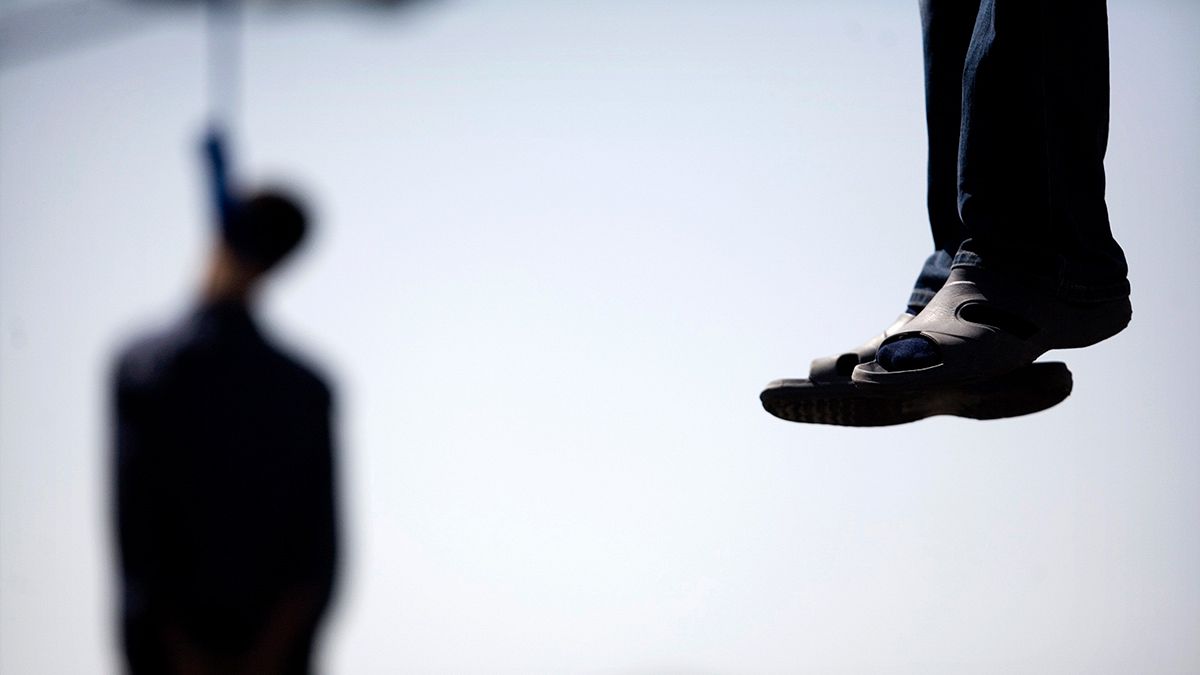“Killing sprees” in Iran and Iraq have caused a sharp global spike in the number of executions carried out in 2013, said Amnesty International in its latest report on death penalties and executions, released Thursday (March 27).
The 15% rise comes at odds with a steady decline in the use of capital punishment around the world over the last two decades.
“The virtual killing sprees we saw in countries like Iran and Iraq were shameful,” said Salil Shetty, Amnesty’s Secretary General in a statement. “But those states who cling to the death penalty are on the wrong side of history and are, in fact, growing more and more isolated.” The 62-page report revealed last year’s global and country-specific death sentences rate, which amounted to 778 known executions worldwide compared to 682 in 2012.
According to the survey, 22 out of 206 countries sentenced defendants to death row in 2013, with Iran (369) and Iraq (169) counting for two-thirds of the total number. Amnesty International also claimed that “reliable sources” reported that hundreds more were put to death secretly in Iran, potentially doubling the country’s figure to around 700.
The USA and Japan are the only G8 members that still perform capital punishment. The state of Texas has dragged the USA down on the death penalty report, with 41 percent of the executions in the country. The USA is also the sole country to carry out the death penalty in the Americas – a major concern for the human rights group.
No executions took place in Europe and central Asia in 2013.
But the figures exclude China, which is believed to top the death penalty league. Amnesty estimates thousands are killed in China every year but says reliable data is impossible to acquire. The Beijing authorities classify execution statistics a “state secret”.
The report also excluded deaths in war-torn countries, such as Syria, and conflict zones like Egypt, which sparked an international outcry after it sentenced 529 Muslim Brotherhood members to death this week.
Amnesty International also listed the methods of executions practiced in each county: beheading (Saudi Arabia), electrocution (USA), hanging (Afghanistan, Bangladesh, Botswana, India, Iran, Iraq, Japan, Kuwait, Malaysia, Nigeria, Palestinian Authority (Hamas authorities, Gaza), South Sudan, Sudan), lethal injection (China, Vietnam, USA), and shooting (China, Indonesia, North Korea, Saudi Arabia, Somalia, Taiwan, Yemen).
There were even public executions in Saudi Arabia, Iran, North Korea and Somalia in 2013. Saudi authorities attracted more condemnation by putting three juveniles to death last year.
People received capital punishment for offences that did not meet the “most serious crimes” threshold, such as international killing, says the report. “Crimes” included adultery, sodomy, blasphemy, aggravated robbery and drug-related and economic offences. Treason, acts against national security, collaboration with a foreign entity and crimes against the state – regardless of whether such offences led to loss of life – were also punishable by death, according to the survey. North Korea is believed to have put people to death for watching banned videos from South Korea.
But the number of people who received the death sentence and escaped it – whether because they were tried in absentia or because they have received a pardon – is much higher and also peaked. At least 1,925 people were known to have been sentenced to death in 57 countries in 2013 as opposed to 1,722 death sentences in 58 countries in 2012.
Despite the alarming development, Amnesty International confirms that the international trend is firmly heading toward the abolition of capital punishment. With the exclusion of China, the world’s biggest executioner, 80 percent of the total number of officially acknowledged executions occurred in only three countries: Iran, Iraq and Saudi Arabia.
(Avec AFP)
